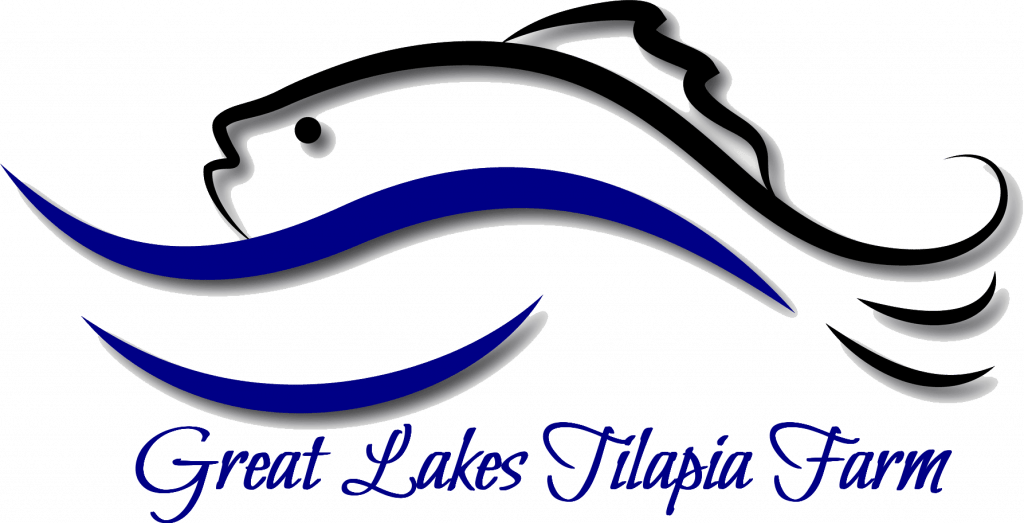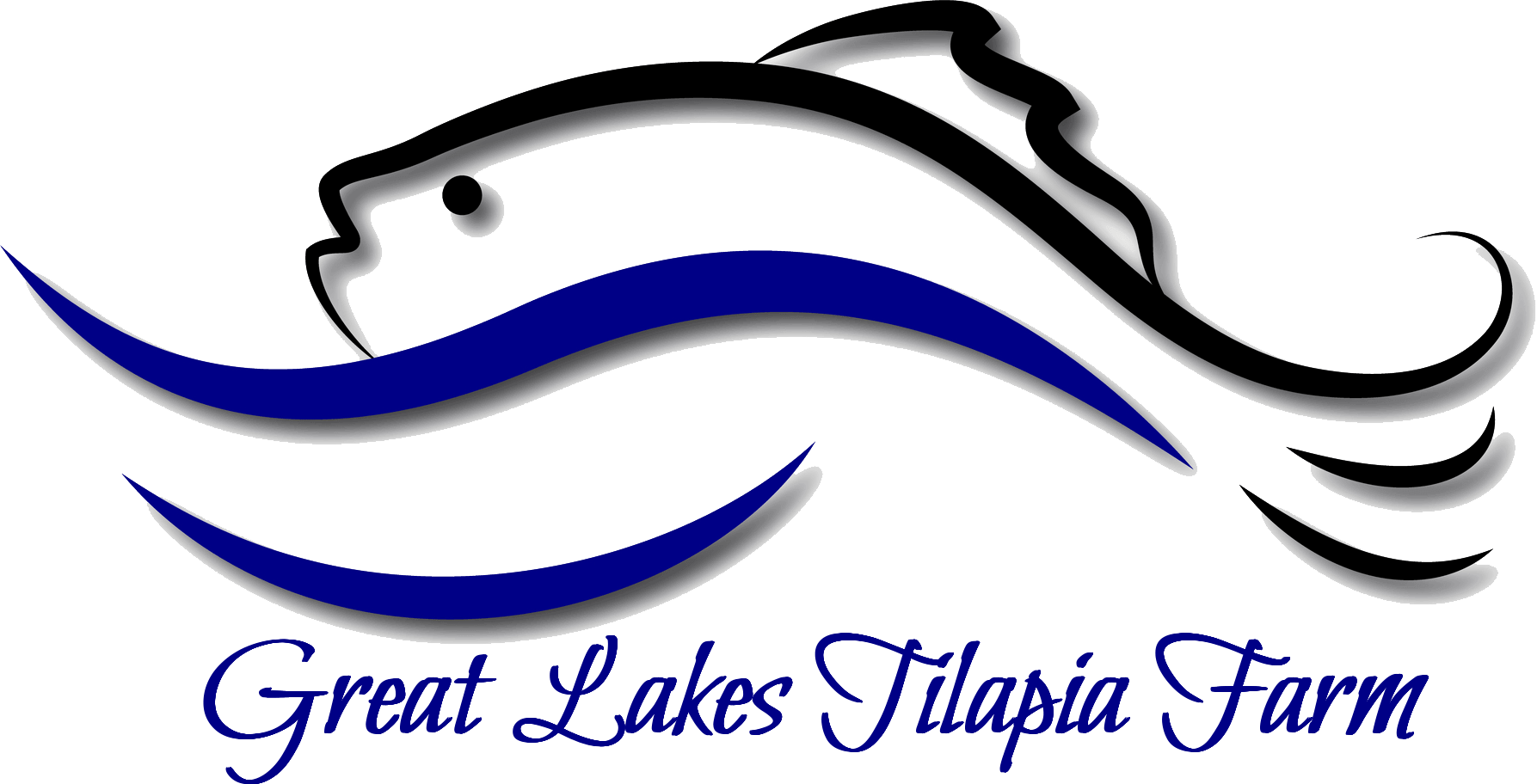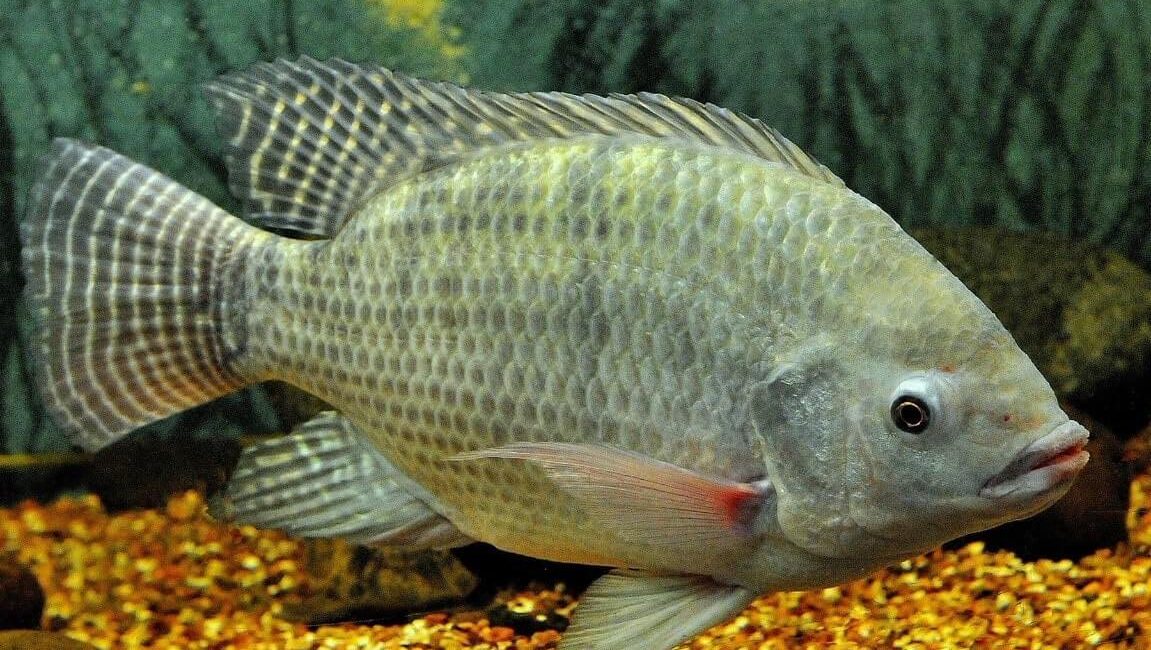Dr. Dennis Karangwa
Co-Founder, Great Lakes Tilapia
Cape Town
10th Jan 2020
Great Lakes Tilapia, a Rwandan lake – based Aquaculture start-up, has dreams to improve the lowest fish consumption per capita on the African continent and probably on the global market. The Great Lakes Region has a fish consumption of just 3.2 Kg per capita per annum compared to her East African peers (6.8), Africa (9.8), and the global rate of 20.5 kg per capita per annum.
The Region is home to more than 101 million people with numerous good inland water bodies (lakes, dams, and reservoirs) including a coastline on the Atlantic Ocean. Fish is just not available for many reasons, some being overfished water – bodies and a lack of a robust commercial fish farming culture. While they’re all kinds of reasons to account for this, large–scale aquaculture is feasible and it can revolutionize the low fish consumption seen in the region.
Great Lakes Tilapia is working on reversing this nutritional and food insecurity scenario by bringing together the best elements of science, technology, human capital, and local resources to farm and freshly harvest the most tasty, nutritious, and good quality Tilapia for the population, cost-effectively.
For those of us who live or know the Great Lakes Region very well, food security and access to fresh, locally produced, cost effective food and food ingredients is limited not only by unavailability, but also because of a lack of delivery and linkages to appropriate markets. There is absolutely no reason why the people of Rwanda, the Great Lakes Region, and East Africa in general should be importing and eating frozen, poor quality Tilapia. It does not make sense at all.
For Rwanda, the Great Lakes Region and the rest of Africa, the threat to food and nutritional security is negatively impacted by a number of factors: climate change, sustainability issues with traditional agriculture and aquaculture, and population growth. Importing food is not a sustainable solution. Great Lakes Tilapia is designed to address many chronic issues related to the region:
- Our fish farming is technology – aided, with a focus on data and AI (artificial intelligent) which are critical for efficient productivity,
- We are designed to address the critical issue of biomass cost-effectively. People need lots of fish at affordable prices. We are focused price, quantity, quality, and accessibility.
- We are also working hard to decouple fish farming from climate change, poor water quality, poor fish feed, poor quality fingerlings, unsustainable farming practices and other factors that have traditionally retarded aquaculture in Rwanda and the region.
The notion that Rwandan waters and temperatures are not good for fish farming is fallacy one. The problems were always two:
- You can’t farm fish in captivity if you don’t feed them well. They will be stunted, and the fillet taste will not be marketable,
- You can’t expect to find good – sized fish in a water – body that has no natural (enough) food for them,
- Lake Kivu has the best water quality up to 60m deep. The lake has no adequate natural fish food. Period! Feed the fish with a healthy diet and you will get 1.0 – 2.5 Kg Tilapia in 7 to 8 months time.
While Great Lakes Tilapia is still refining its implementation and operational dynamics, it is currently meeting policy regulatory and environmental requirements at its farm location in Kibuye, on Lake Kivu, Western Rwanda.
On the product side of the business model, Great Lakes Tilapia is designed to be biomass focused starting with 3,300 Mt annually (Live Weight Equivalent) and racing through four (4) additional phases to 16,500 Mt annually in 2032. The company’s unique selling point is a product that is hyper – local, fed on feeds from local natural produce, with no added antibiotics and pharmaceuticals, a great tropical fresh – water taste, farmed sustainably, and available all year round. The company is excited to brand their produce “fresh harvest”.
From a farming technology perspective, the ability to leverage on AI technology and monitor fish growth, fish welfare, fish health, fish feeding behavior, and fish stress is very exciting are technically planned to not impact on product farm-gate price. These are long-term investments that are being absorbed and offset through the advantage of scale (biomass). Our biggest differentiating factor will be the ability to deliver fresh produce to customers through a decentralized cold-chain logistics set-up, arguably one of our major investments. This is expected to be offset through savings from farming with the lowest cost of energy (lake – based, floating solar modules).
Great Lakes Tilapia business model is particularly appealing and impressive as it aligns quite well with most of the significant food security policies of the Rwanda Government. It also aligns neatly with most of the United Nations Sustainable Development Goals (SDGs). By adopting farming principles that increase productivity (Biomass) and quality, the company is setting itself up to become a major exporter to regional markets; also, a Rwandan Government Development Policy priority.
At the heart of this innovative approach to fish farming, is the very visceral human connection that is formed through food production – many smallholder farmers, gender equity, rural jobs, improved rural human welfare, suppliers, re – sellers, and customers. Yes, there is technological innovation, skills development, profits, and continuous improvements in the aquaculture sector – but at the end of it all, food and good food, is about human connection. Tilapia is cherished in the Great Lakes Region and it has its unique space in the food – social nexus (the so-called “grilled whole tilapia”).
With the company currently in the Seed Stage, the sponsors are stressing on another human touchpoint pivotal to scaling operations and production: hiring the right talent. The sector is quite new to the region from a technical perspective, and the challenge to Great Lakes Tilapia is to attract the right experienced and qualified talent that will transfer skills and knowledge to locals, and ofcourse the right Investment Partners that are patient, supportive, and willing to grow with the company through medium to long-term relationships. This will allow the company the opportunity to focus on growth (organic, strategic, internal & fiscal) and meet its expansion strategy with the highest level of risk mitigation, instead of focusing on issues related to “stock buybacks” and “exit strategies” in the short-term. Investment Partners that “remain in bed” with Great Lakes Tilapia for at least 10 years or more will be very much appreciated and valued.
As a young company, it is very important for us to focus and maintain perspectives while strategizing and troubleshooting as we engage those who have walked a similar path before us. We have talked to, visited, engaged, and learnt a lot from many global aquaculture experts and we continue to do so. Our success hinges on a strong, well – balanced, qualified and experienced aquaculture team that is willing to be transformative, socially sensitive to peoples needs, and gender equity focused.
Ours is a simple vision – to build a community, a family. A workplace where people bond around shared values, feel valued as human beings doing what they love most, and have a voice in decisions that affect them directly or indirectly. That is what Great Lakes Tilapia Farm is.
Rwanda is a pleasurable place to work, and things work. Kibuye is the most scenic place imaginable to live. In a few years, I predict the City will be a huge tourist attraction with its own Airport.
Great Lakes Tilapia Welcomes 2022


